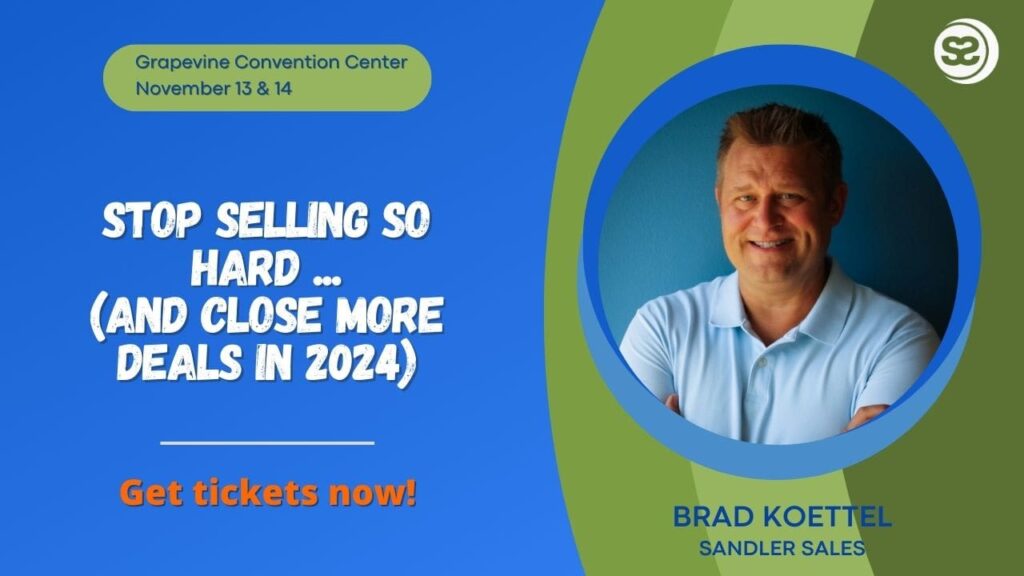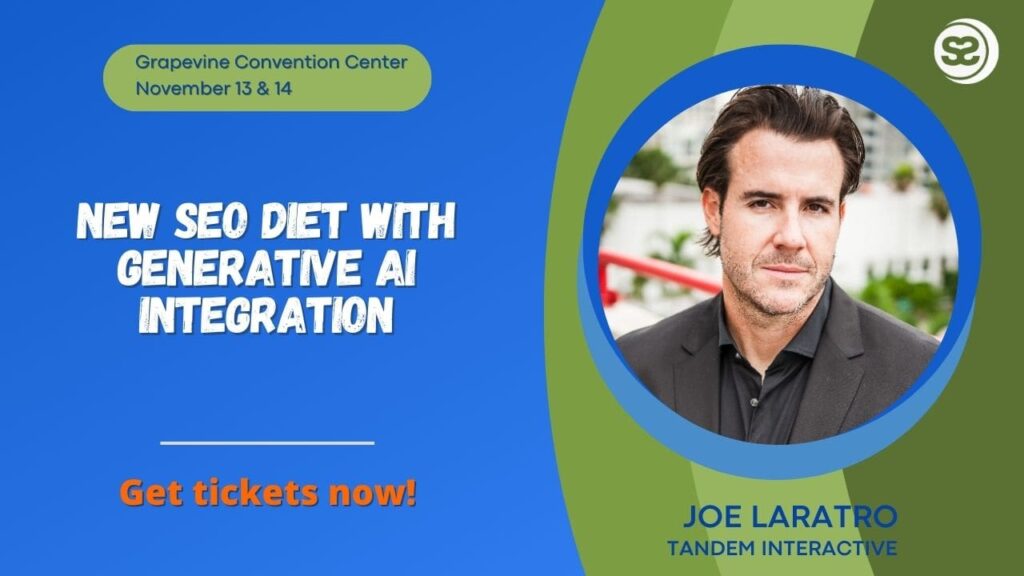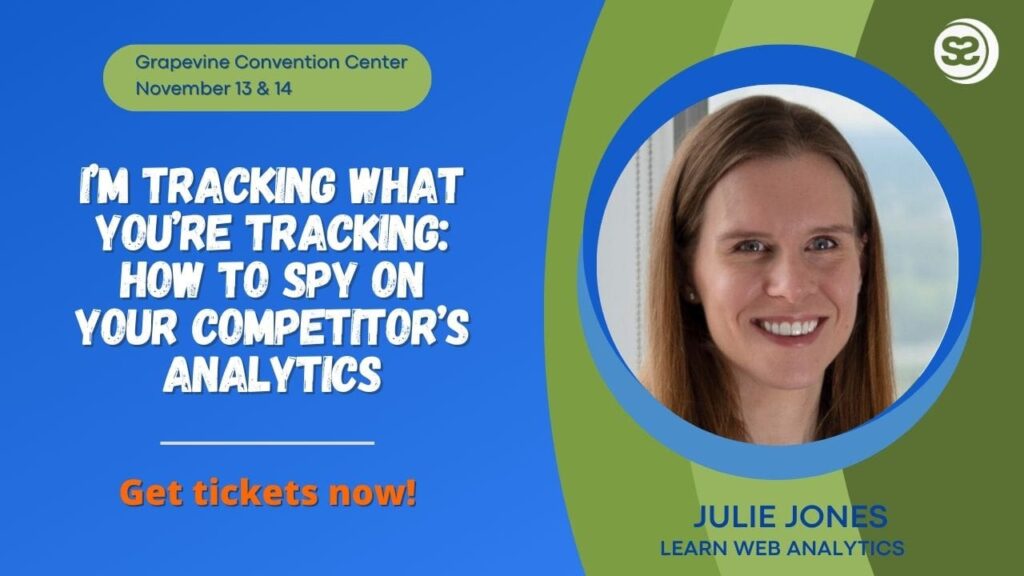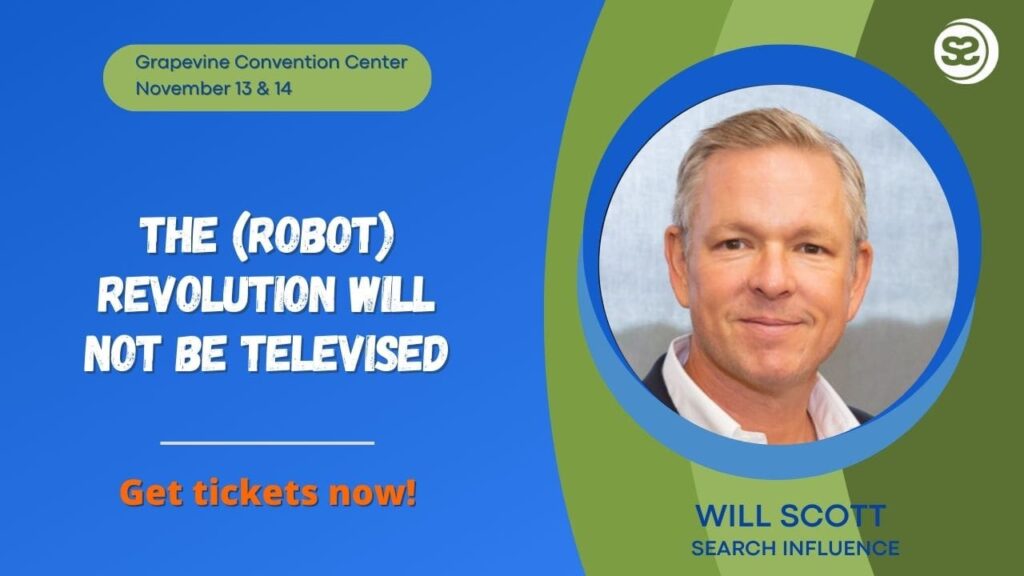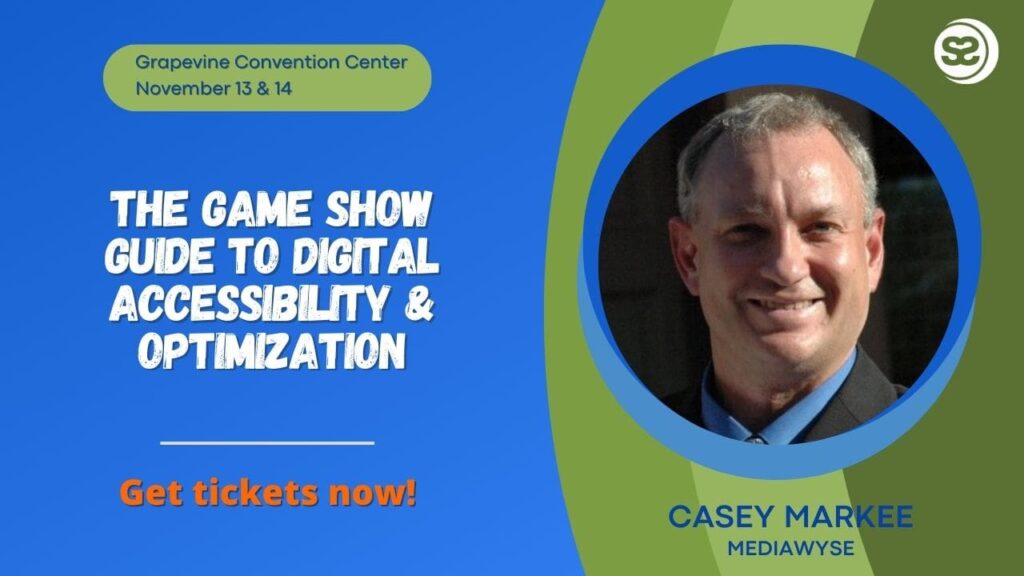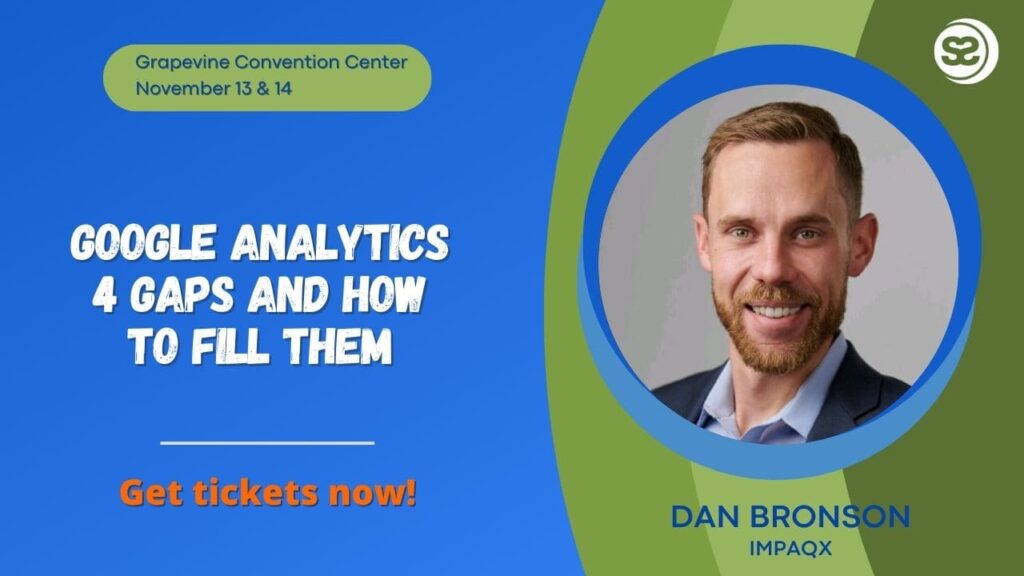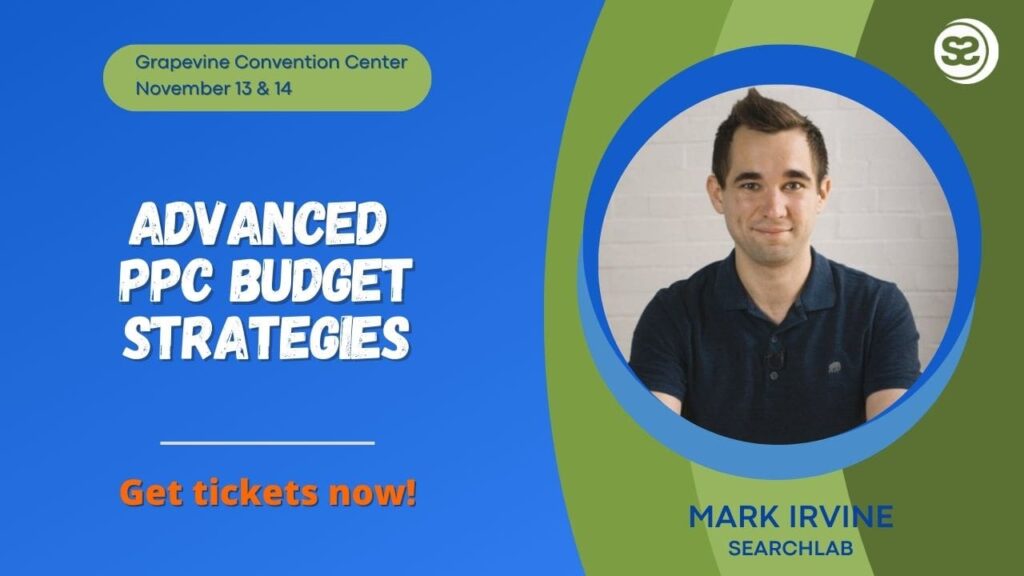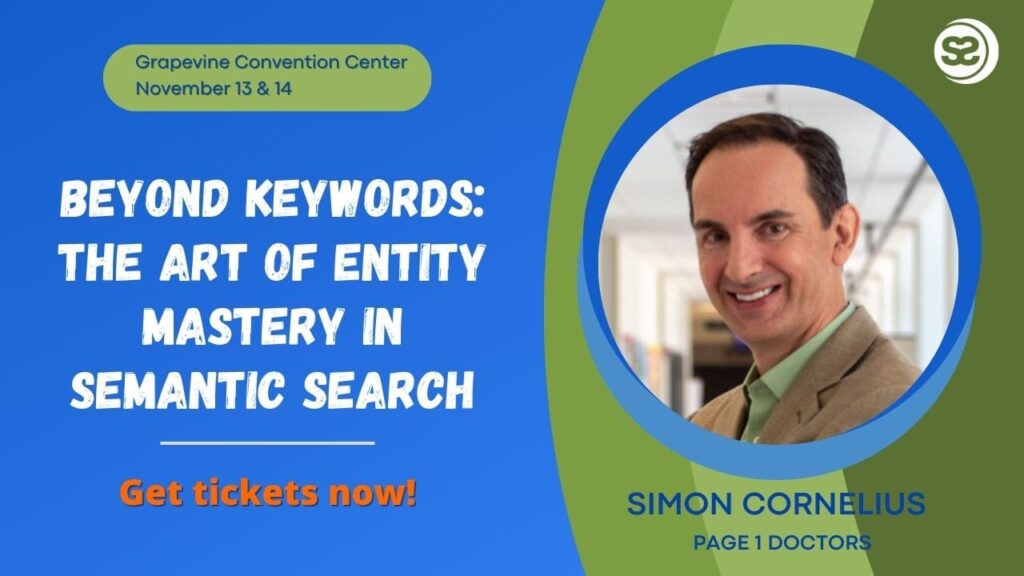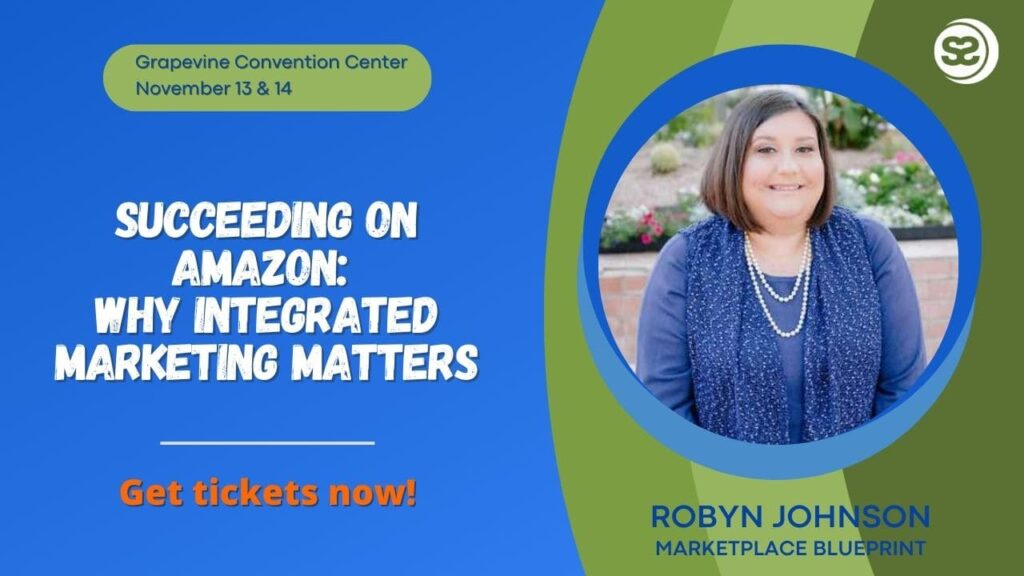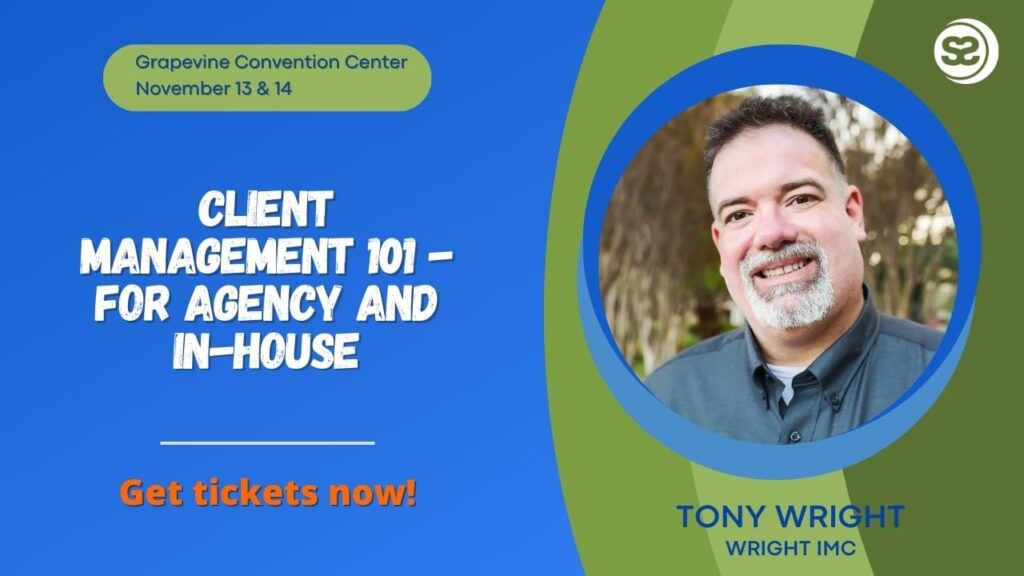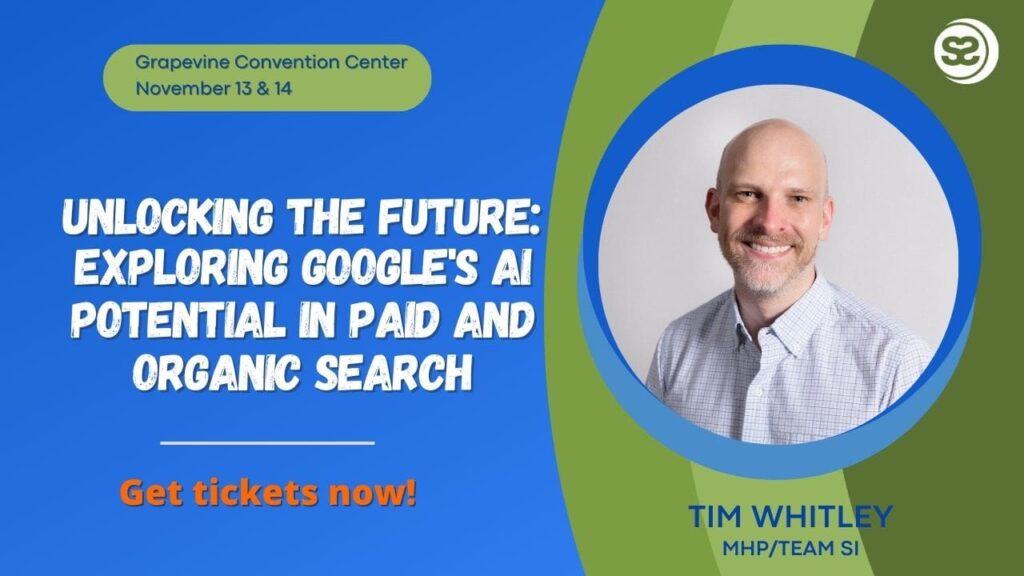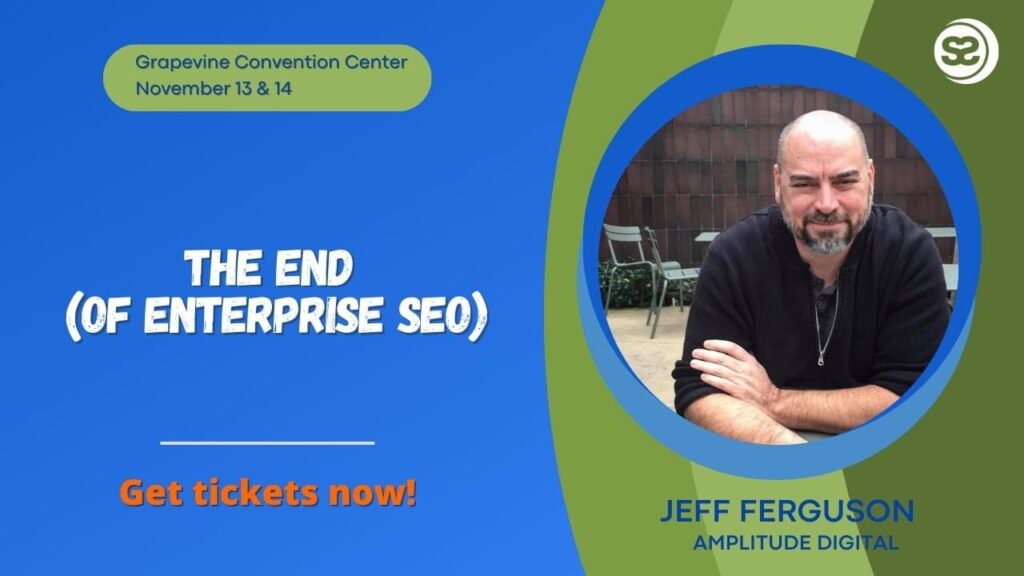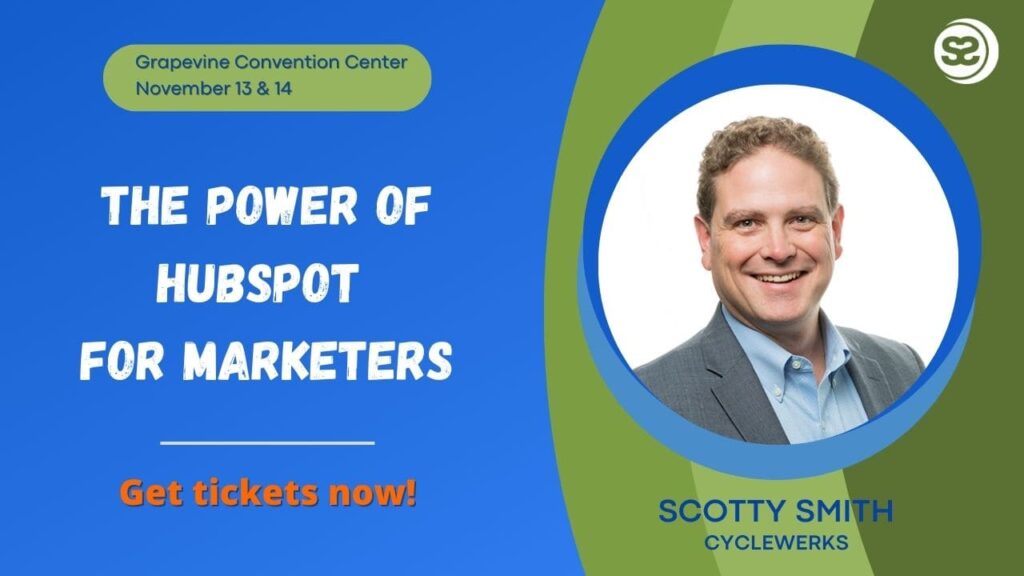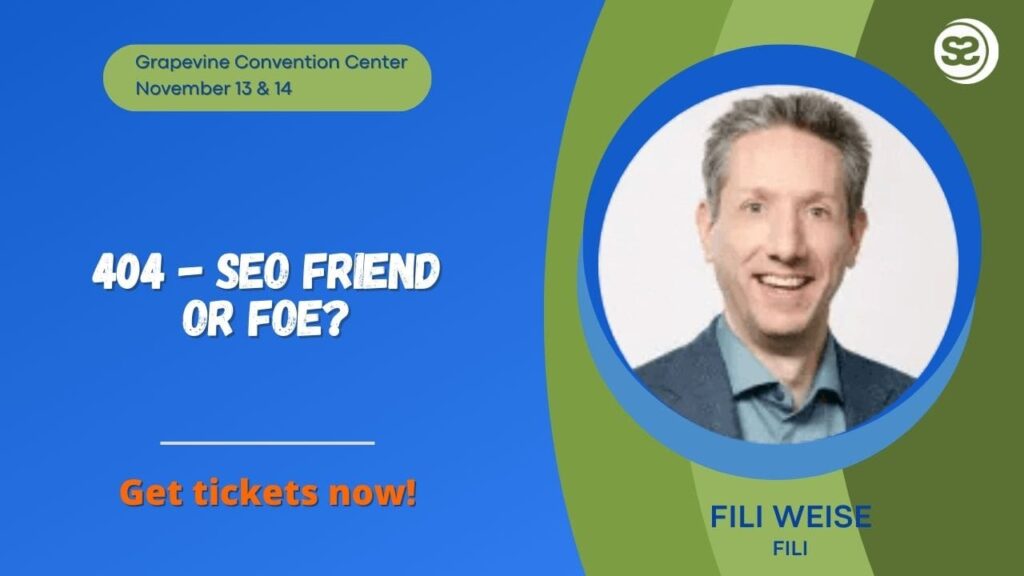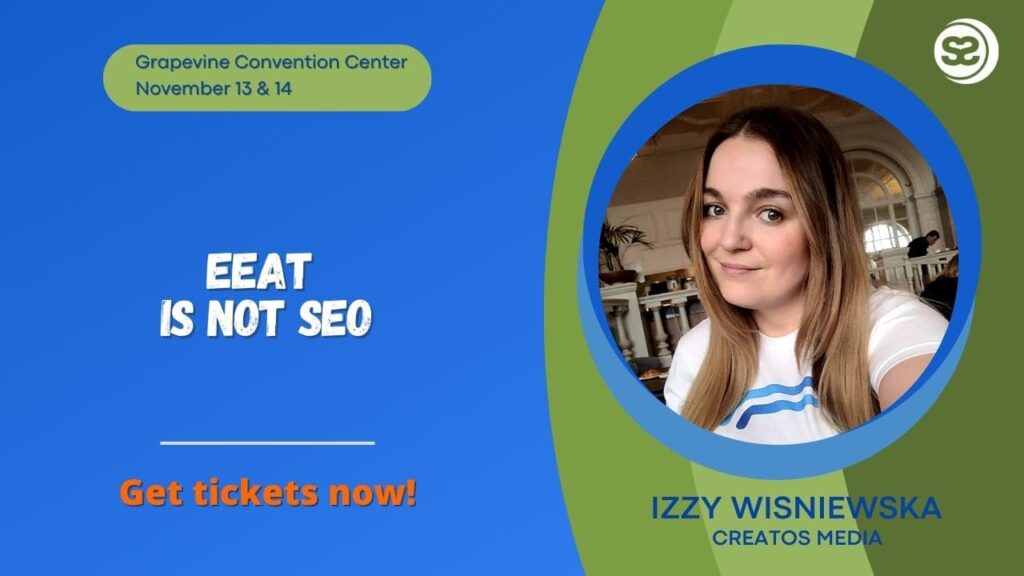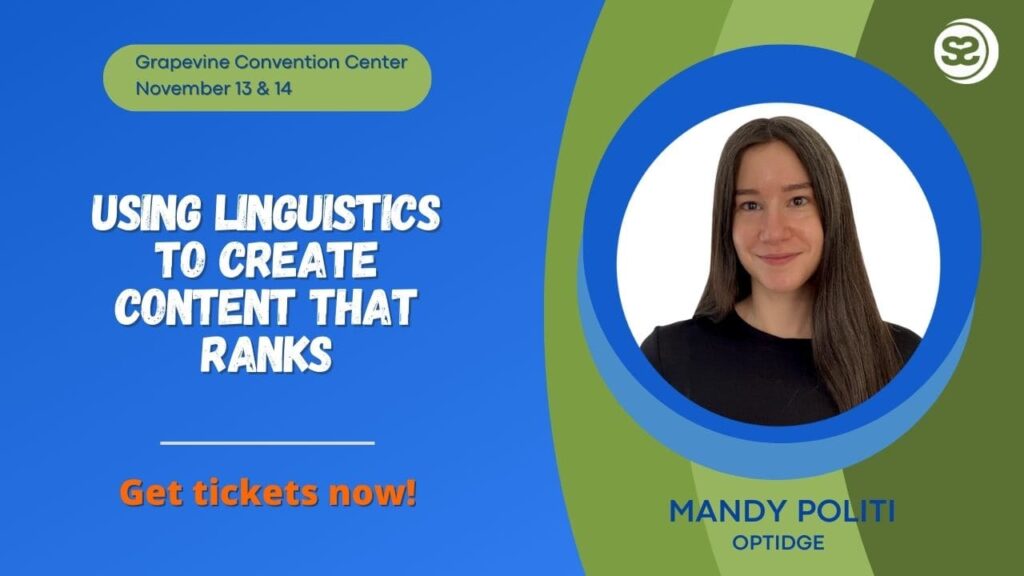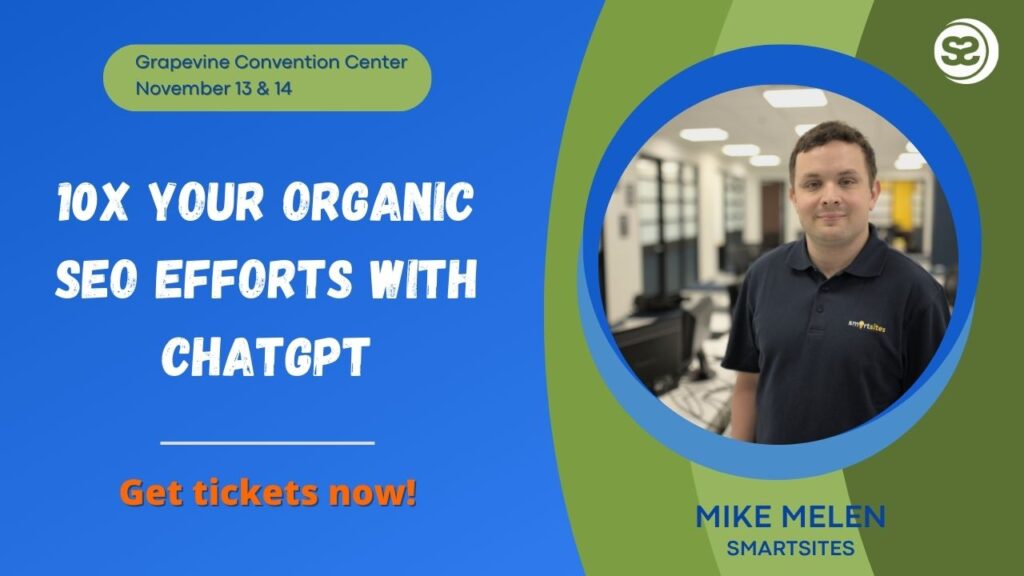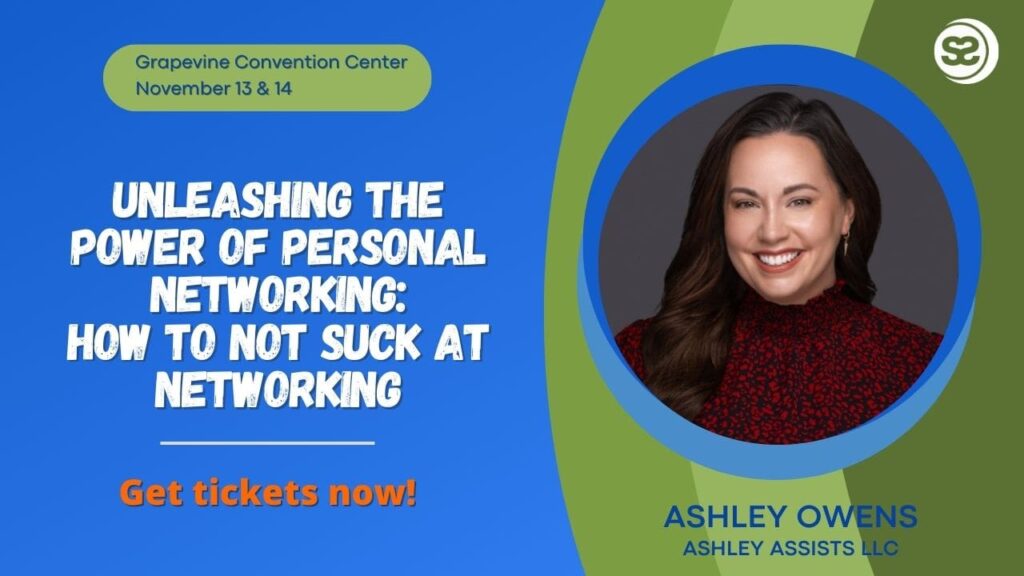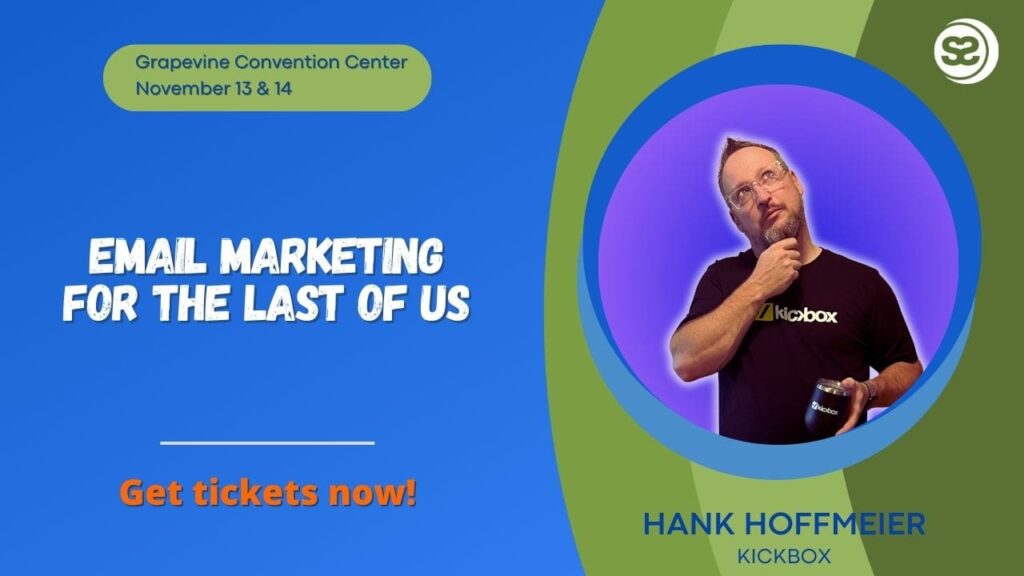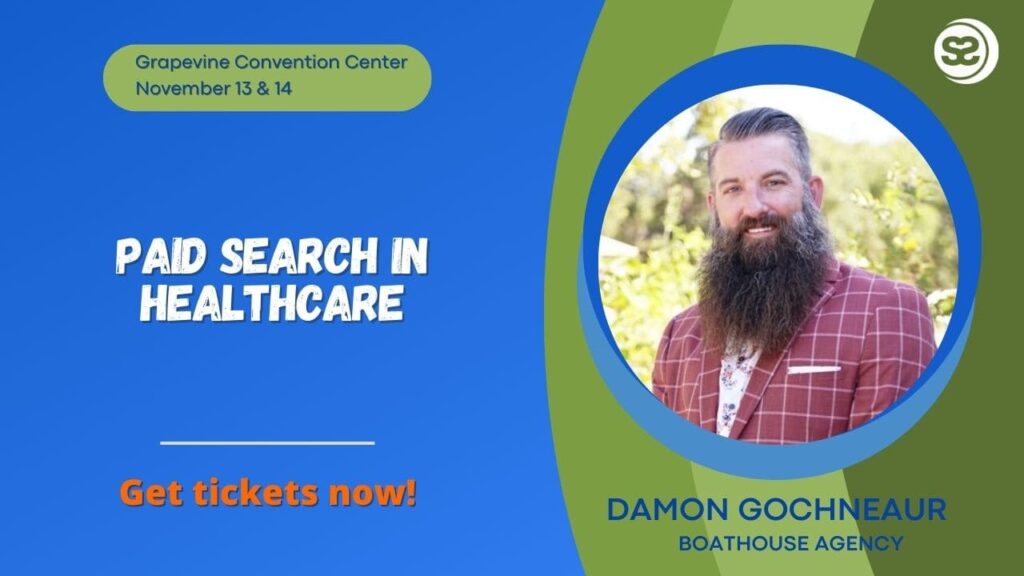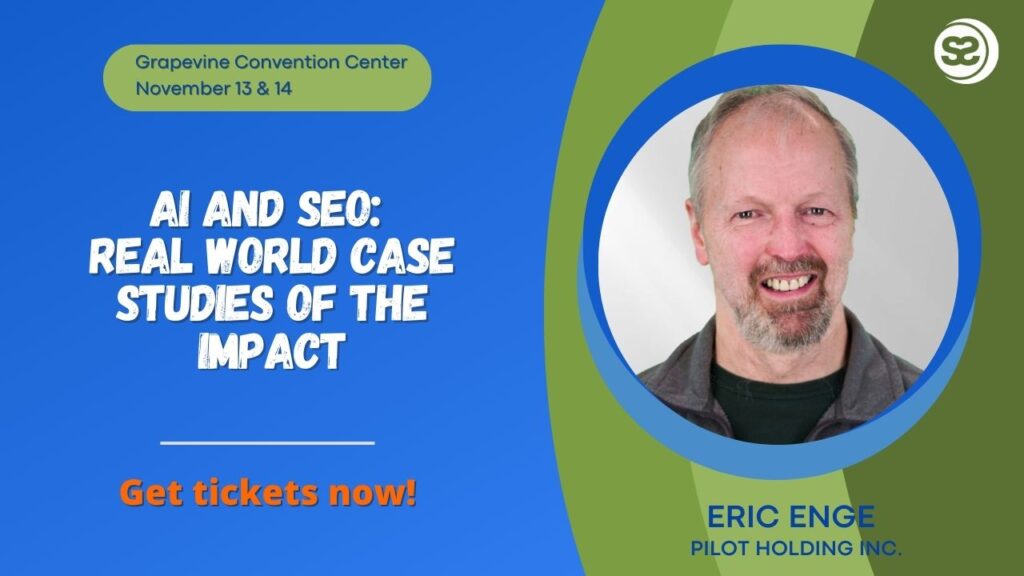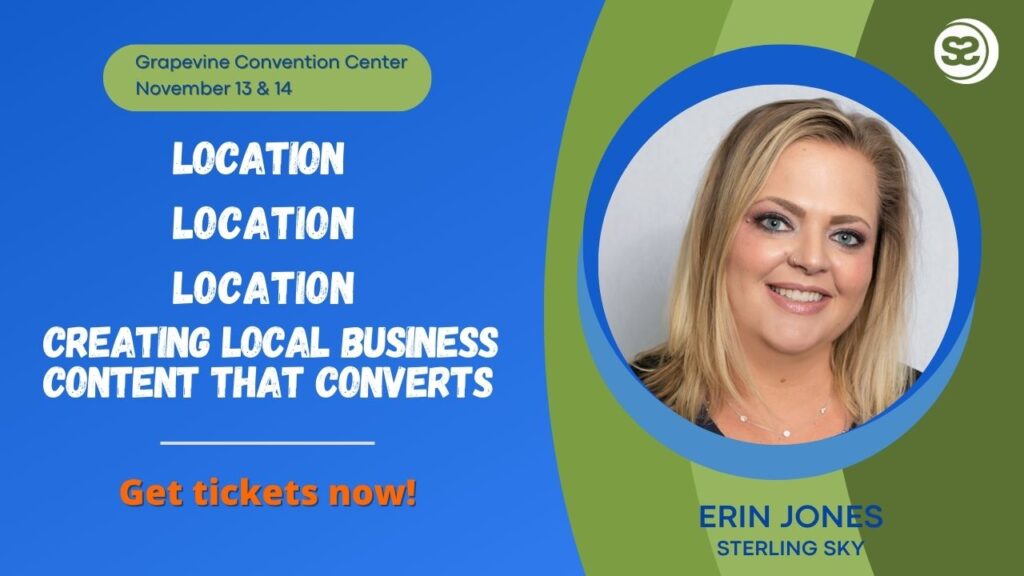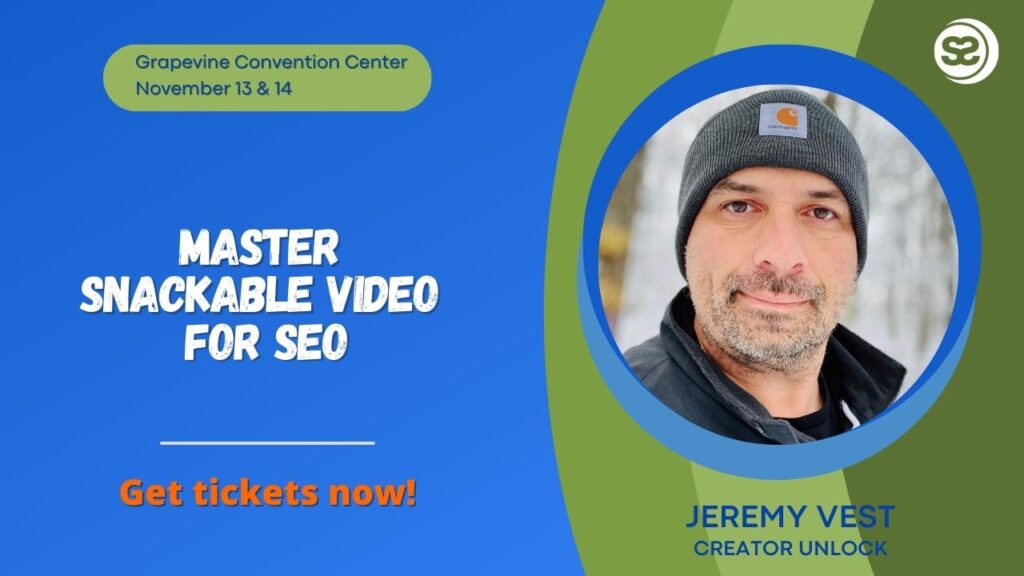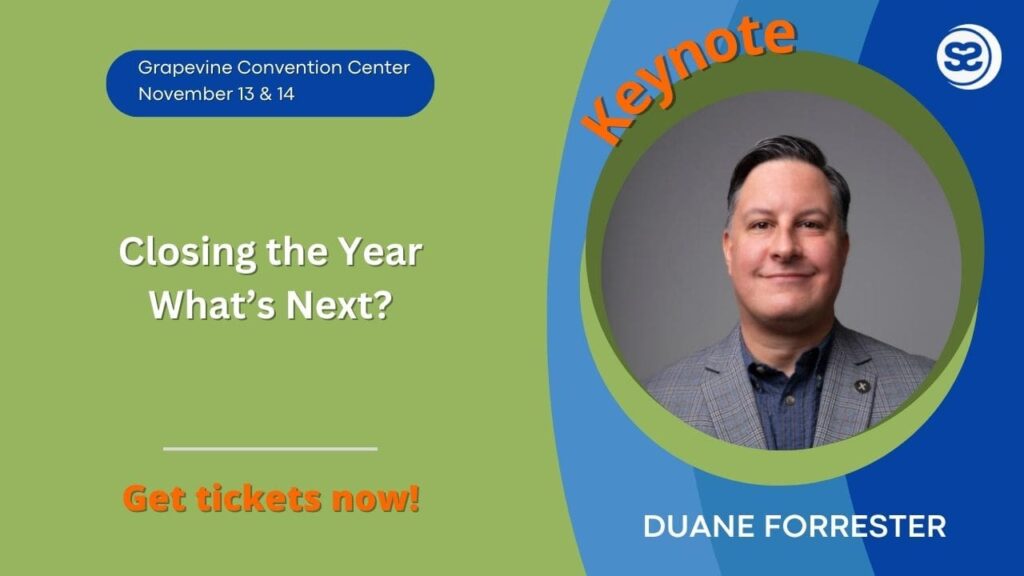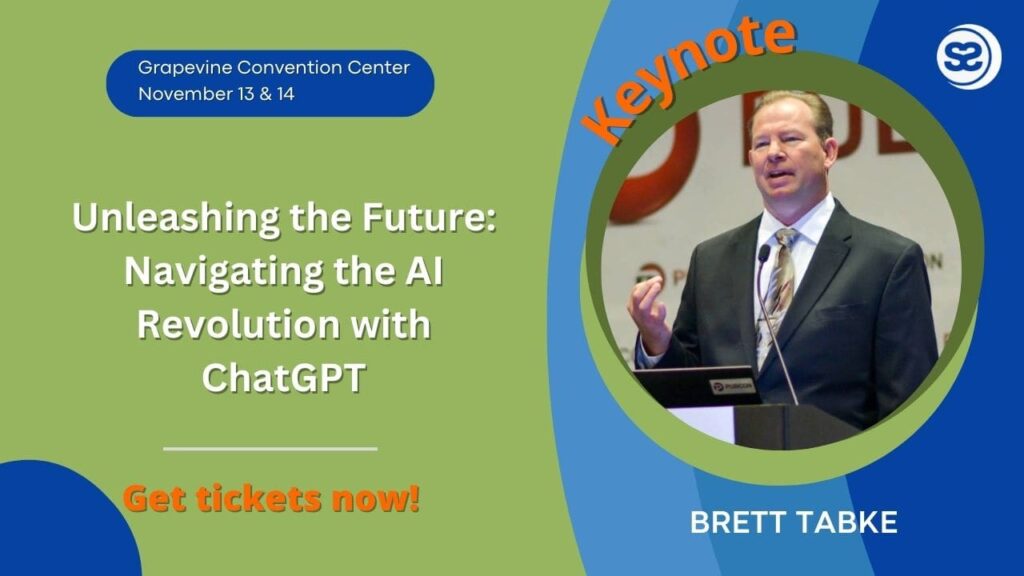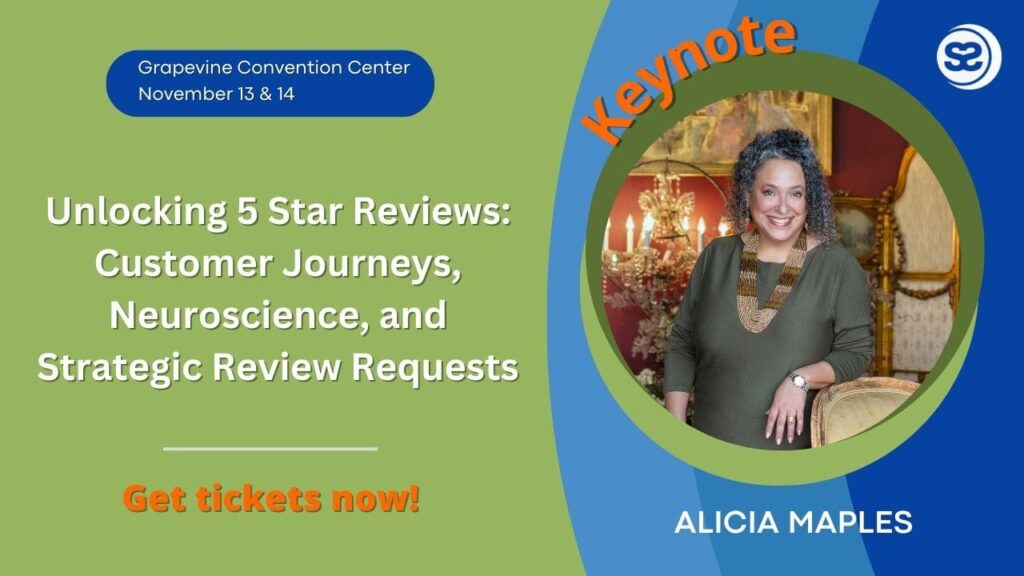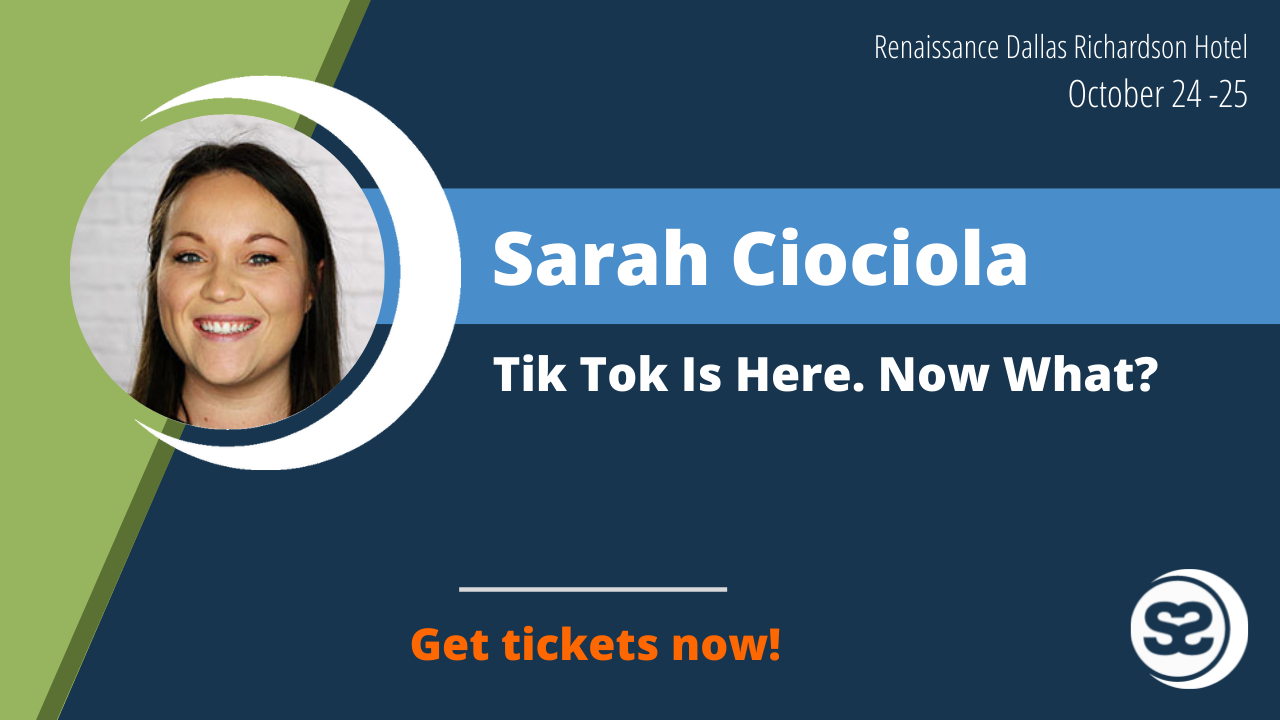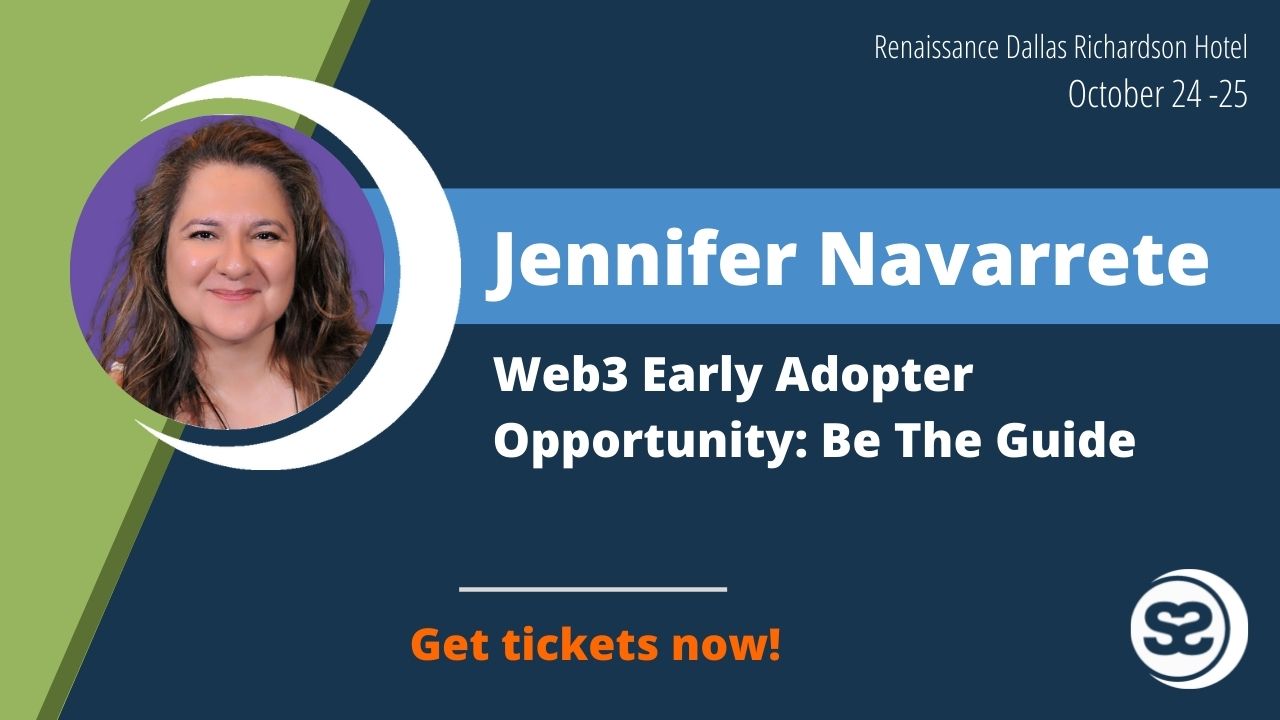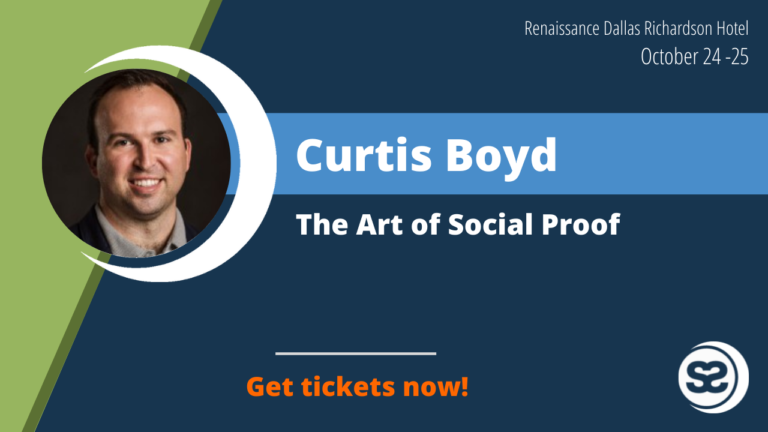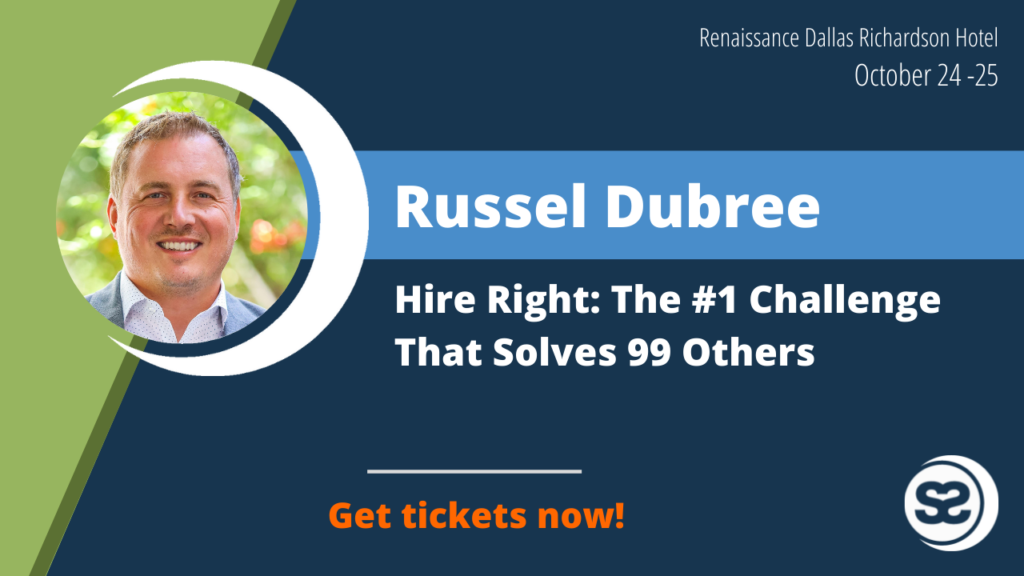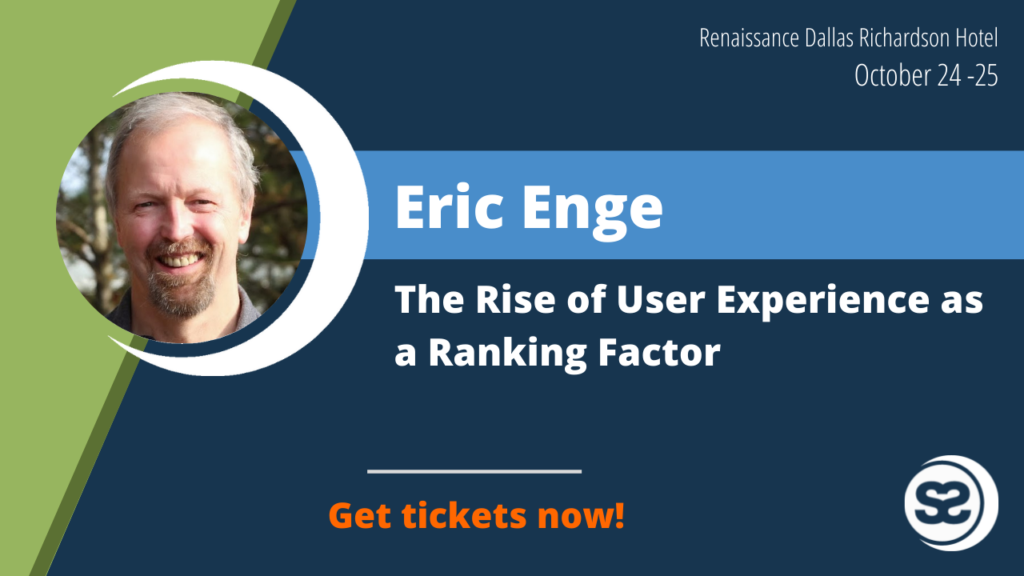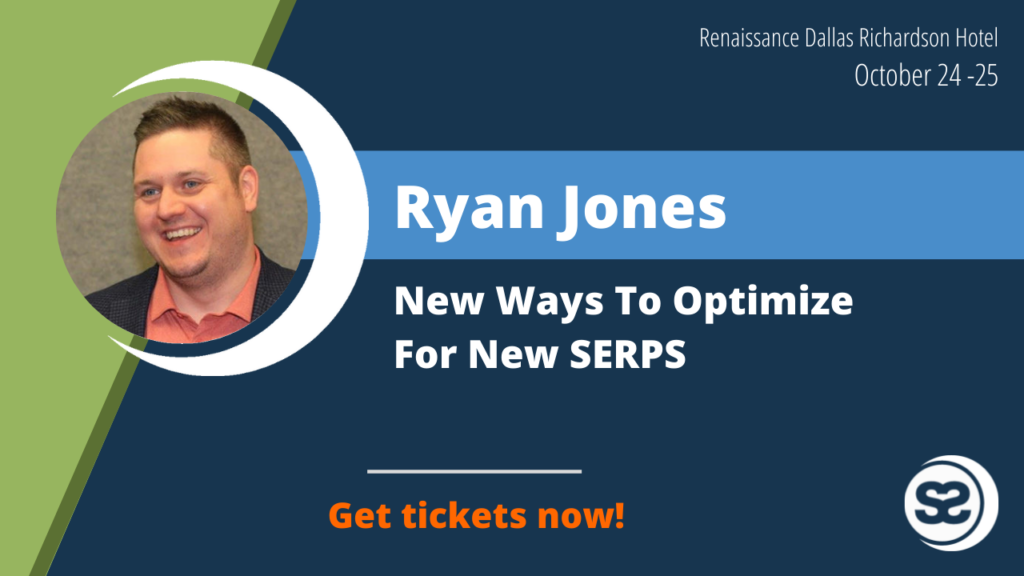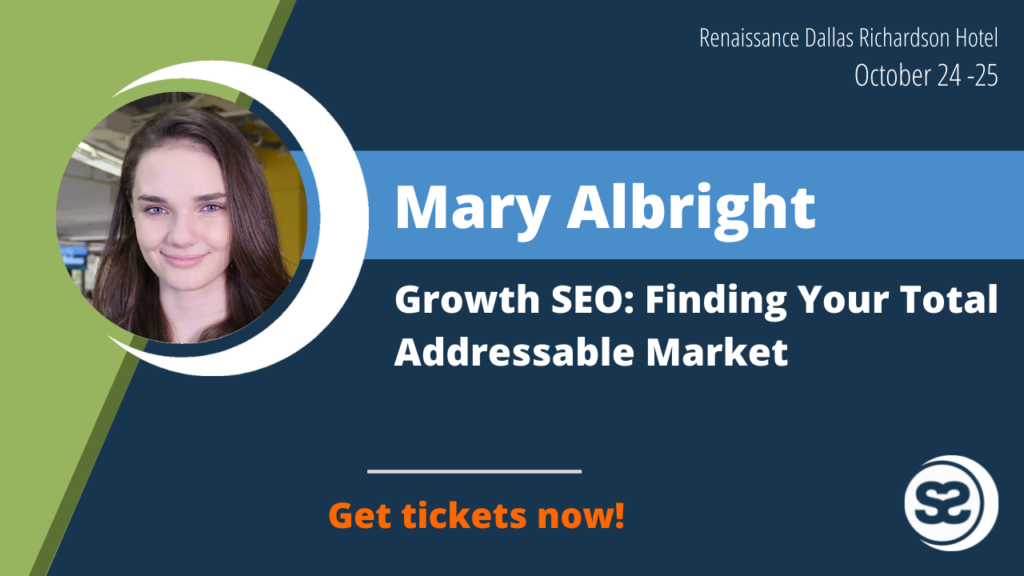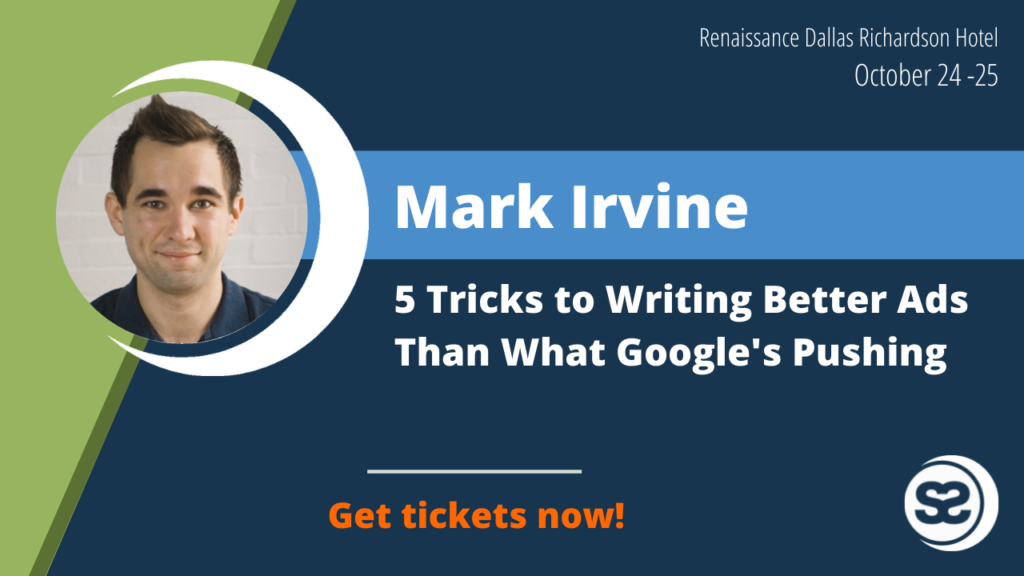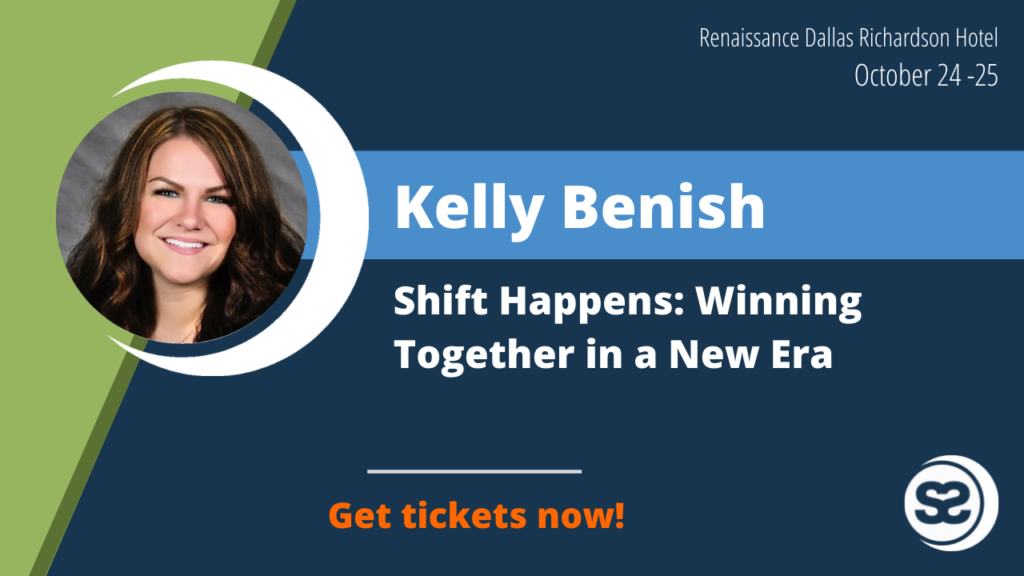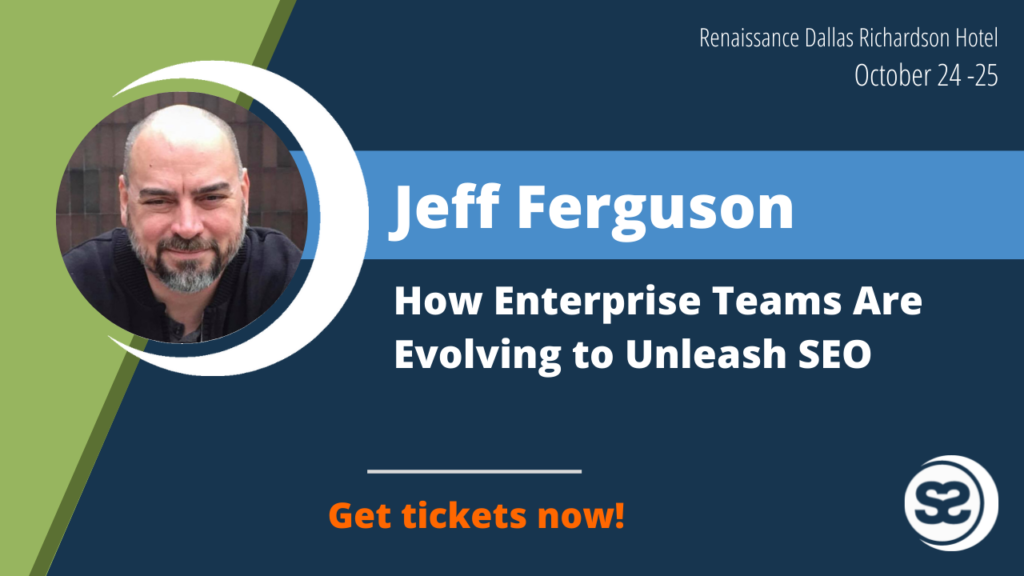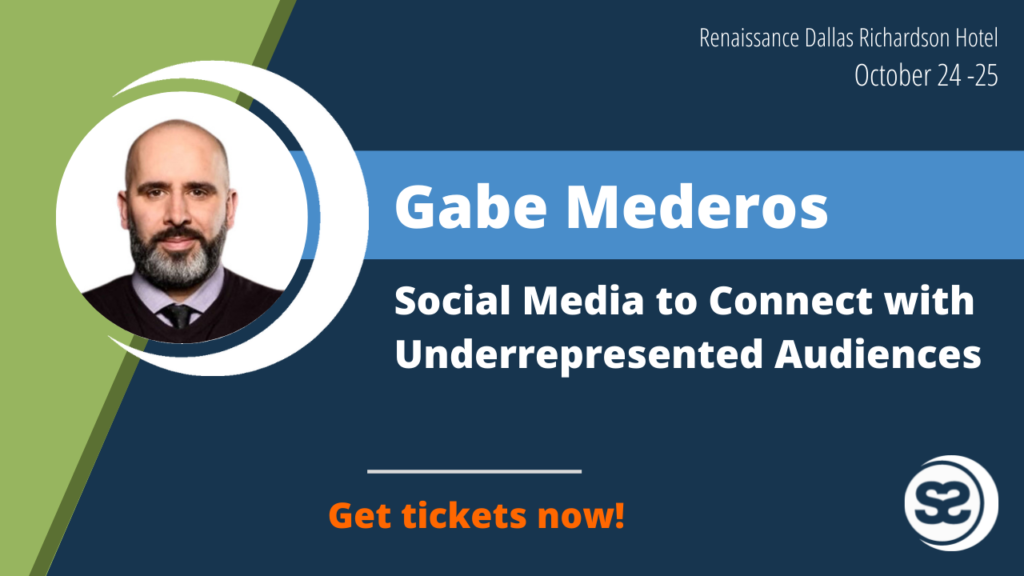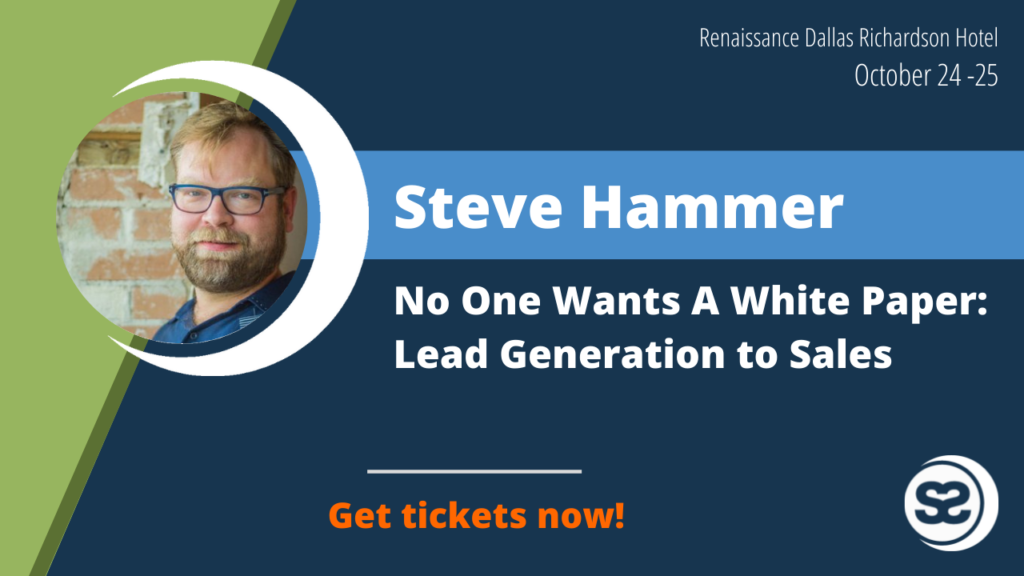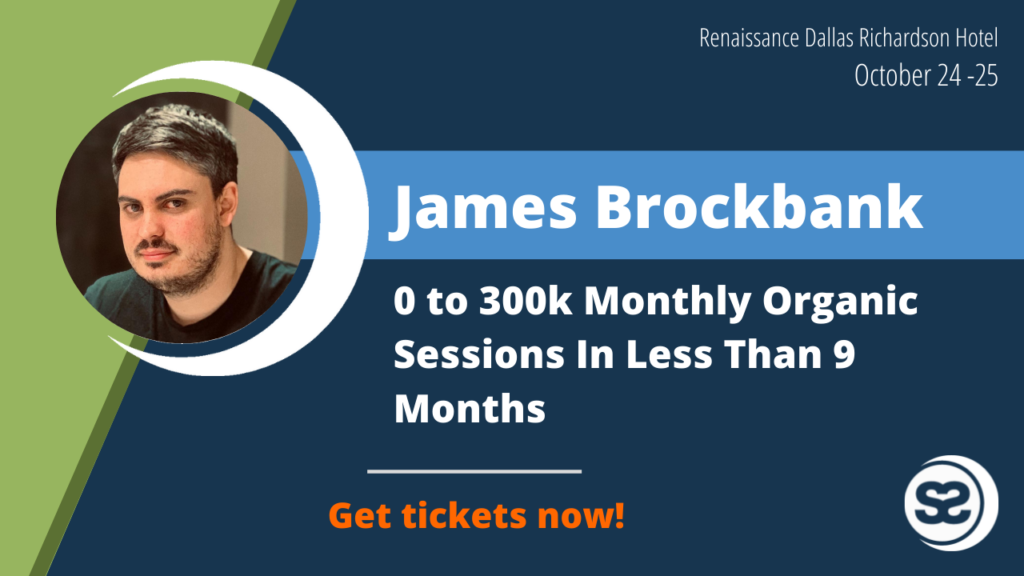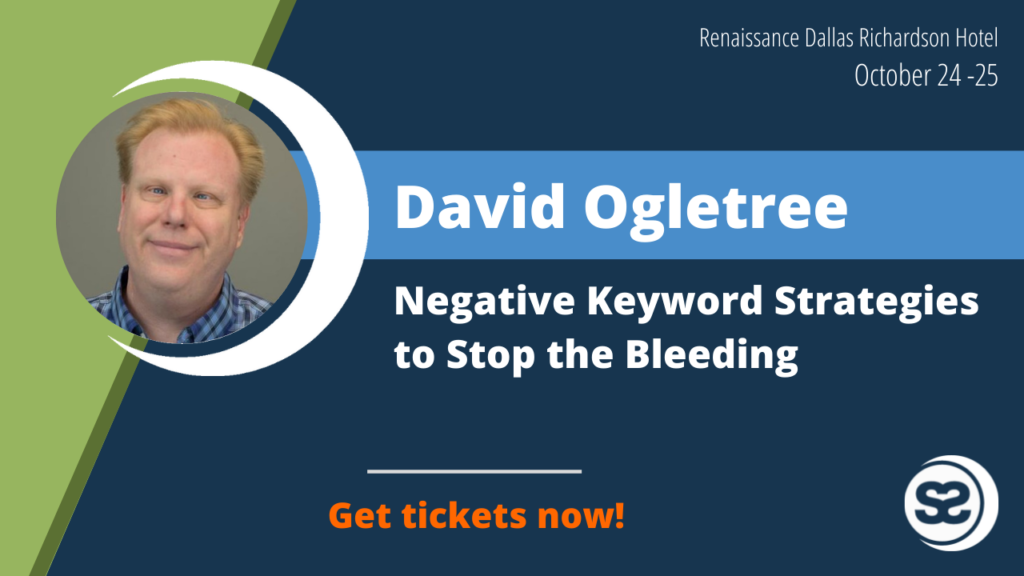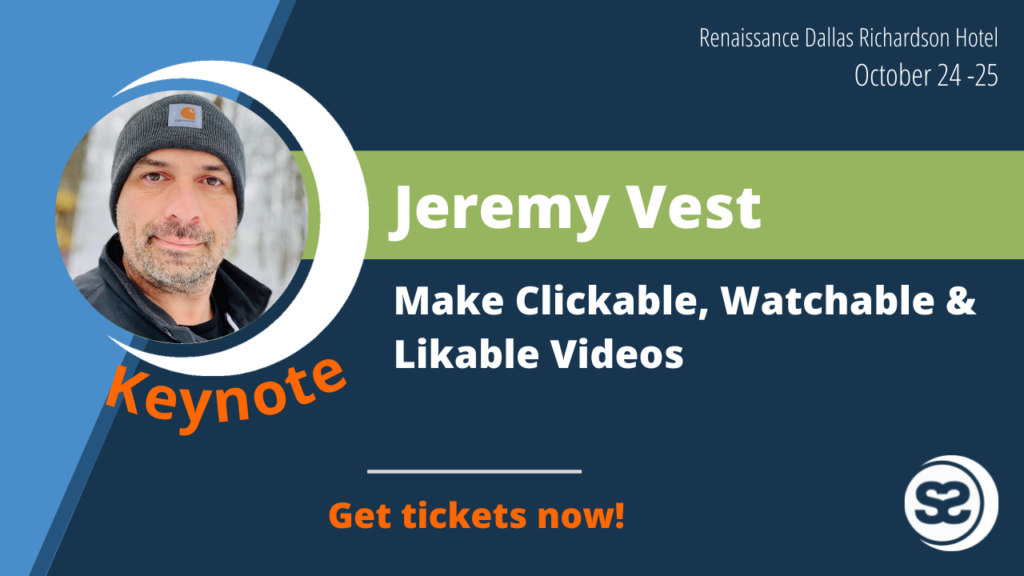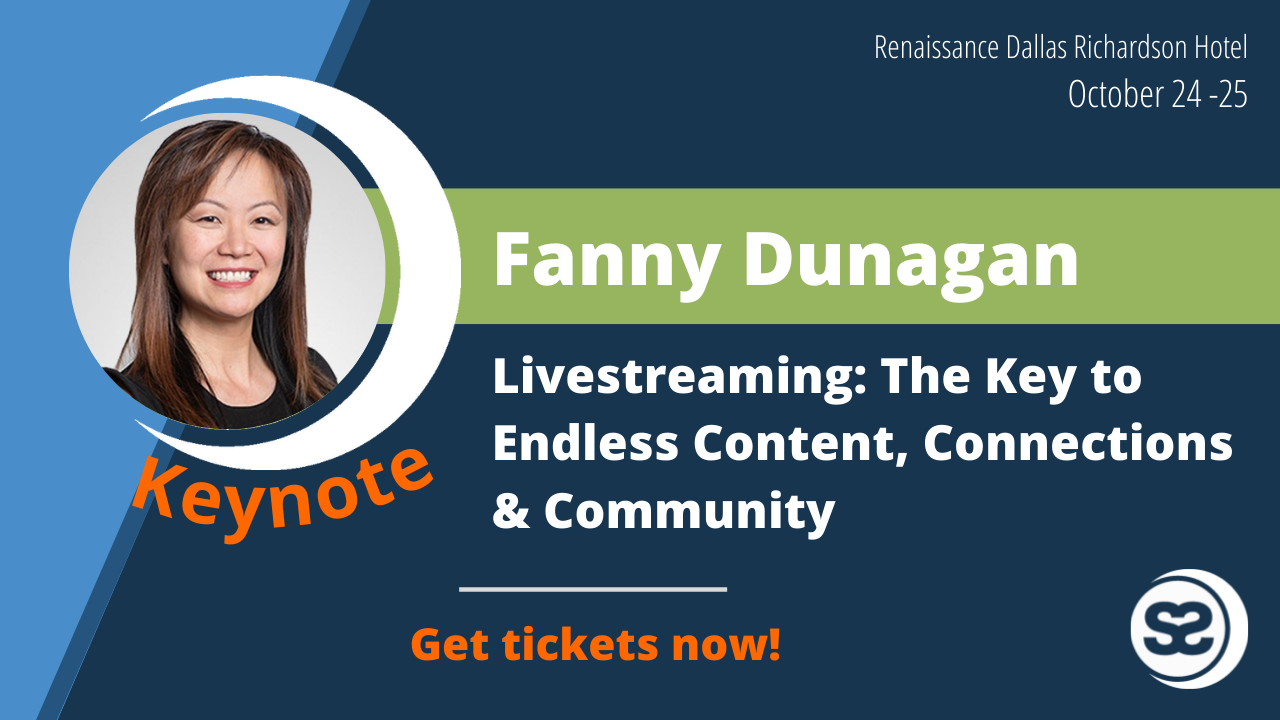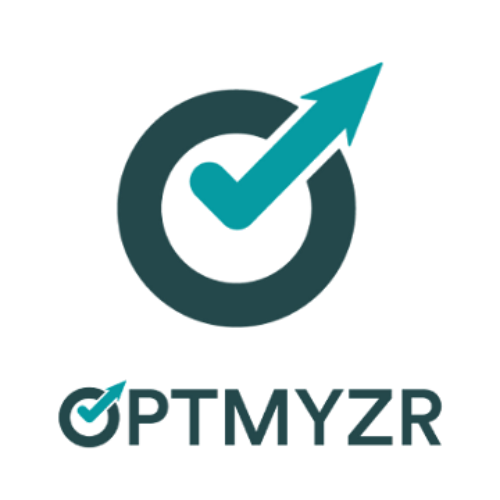Monthly State of Search Meeting
Taking Your Local SEO to the Next Level with Link Building with Amanda Jordan
Amanda Jordan stands at the forefront of SEO strategy and consultancy, recognized widely for her unparalleled expertise in simplifying the intricacies of SEO for businesses and professionals alike. Her reputation as an authority in the field is bolstered by her notable role as an international speaker, where she shares her profound insights into SEO, particularly focusing on the distinct challenges encountered by franchises, private equity firms, and multi-location businesses. Her adeptness at devising effective strategies against competitors is matched only by her passion for video games, a hobby she joyfully shares with her son. Amanda’s blend of professional brilliance and personal warmth makes her a distinguished figure in the digital marketing landscape, consistently leading her clients to success in the ever-evolving world of SEO.
It doesn’t matter today what your job title is in digital marketing. To increase your value to your employer to your clients, and to yourself, you need to know what all the moving parts are.
Attending a digital marketing conference and meetings can help boost your knowledge and know-how, but sometimes a full day’s worth of learning can be overwhelming. You can now get the same value at a tiny fraction of the cost, and without any of the hassle. Attend every State of Search by DFWSEM event this year and you will effectively have attended a conference without trying to cram all that knowledge into your brain in less than 24 hours.
And there is no sacrifice of speaker quality. Every one of these presenters have spoken at places such as Pubcon, MozCon, and SMX. Need more convincing? Check out speakers from past years.
State of Search Conference 2024
October 28-29 2024
Join us October 28-29, 2024 for State of Search, a digital marketing conference like no other. The annual State of Search Conference offers the best, brightest, and boldest place to learn from a Who’s Who in What’s What. Some of the greatest minds in digital marketing, from all over the world, will be sharing their knowledge presented by State of Search by DFWSEM. This year will provide even more actionable intelligence — whether you’re in-house, in an agency, or in business for yourself.

